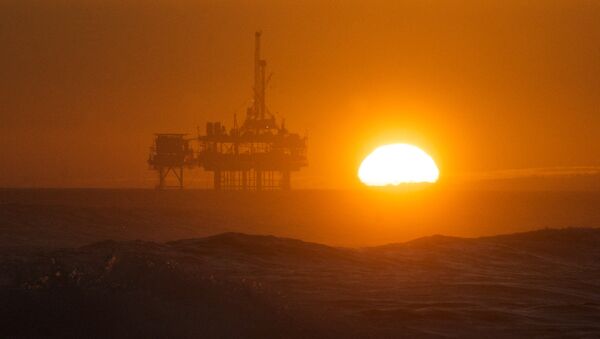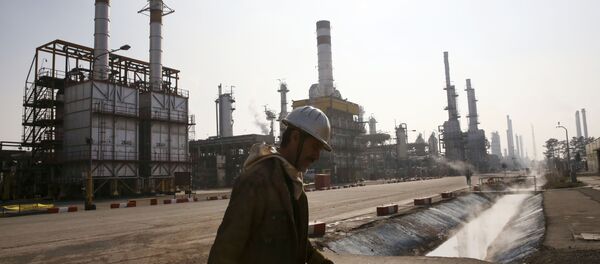Most of the discoveries were made offshore in deep water. Since deepwater oilfields take an average of seven years to make ready for production, the decline could mean reduced supplies from the mid-2020s.
The consulting firm Wood Mackenzie told the FT that fewer discoveries do not mean the world is running out of oil, as in recent years most of the increase in global production has come from existing fields rather than new discoveries.
However, the consultants estimated that if the rate of oil discoveries does not improve, it will create a shortfall in global supplies of about 4.5 mln barrels per day by 2035.
"The magnitude of the E&P investment cuts are now so severe that it can only accelerate production decline and the consequent upward movement in [the] oil price," he told analysts.
Oil production reached more than 97 mln barrels per day in late 2015, and in early 2016 crude oil prices for WTI and Brent fell below $30 per barrel for the first time since 2003.
The International Energy Agency forecasts worldwide average demand of nearly 96 mln barrels of oil and liquid fuels per day in 2016, more than 35 bln barrels a year, and foresees demand crossing the 100 mln bpd threshold over the next five years.




